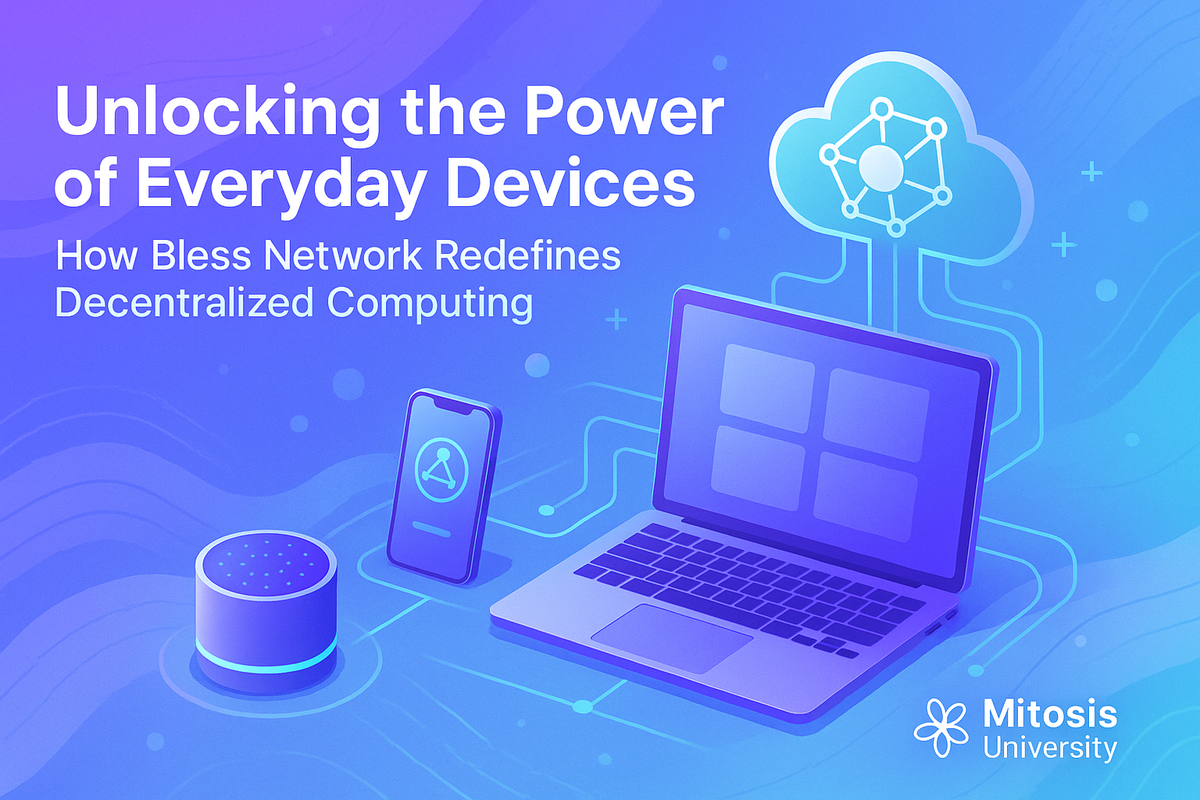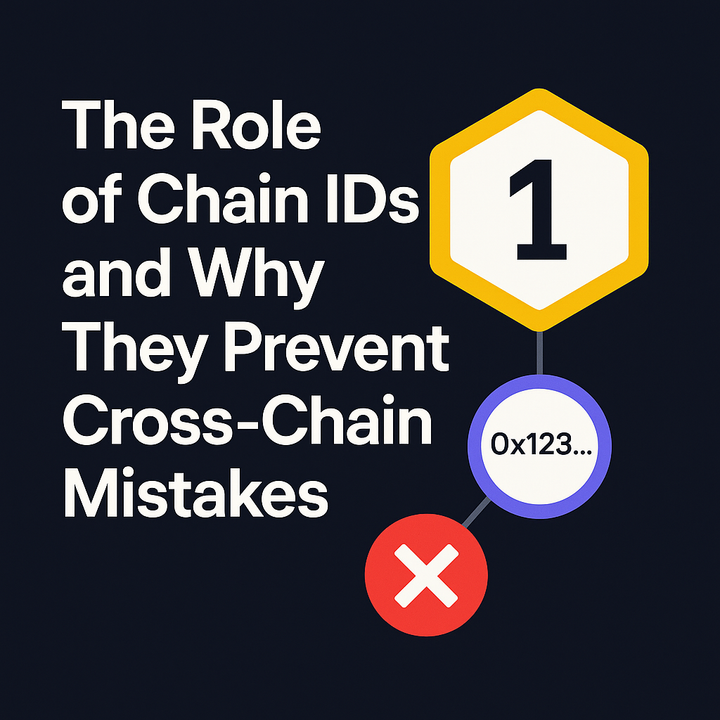Unlocking the Power of Everyday Devices and How Bless Network Redefines Decentralized Computing

Imagine turning your laptop or mobile phone into part of a global supercomputer—just by opening an app. That’s the vision behind Bless Network, a revolutionary decentralized computing platform that challenges the limitations of traditional blockchain-based applications. In a world increasingly reliant on high-performance computing for AI, gaming, and machine learning, Bless introduces a user-powered model that scales naturally with demand and democratizes access to computational infrastructure.
In this article, we’ll explore how Bless Network reimagines decentralized application (dApp) architecture, distributes computational tasks intelligently, and builds a secure, developer-friendly ecosystem. Whether you're a developer, user, or tech enthusiast, this breakdown offers a compelling glimpse into the future of decentralized technology.
1. The Shared Computer: Power from the People
At the heart of Bless Network is a radical concept: a “shared computer” powered by everyday devices. Rather than relying on institutional server farms or fixed blockchain nodes, Bless leverages the computational power of users’ devices—desktops, laptops, and even mobile phones.
- Low-Barrier Participation: Users contribute simply by opening the app. Their devices automatically become “nestled nodes” within the Bless infrastructure.
- Scalable Performance: As more users join, the available computing power grows, creating a system that naturally scales with its user base.
- Decentralization Without Bottlenecks: By distributing workloads among a wide network of consumer-grade devices, Bless maintains decentralization while avoiding the sluggishness of traditional dApps.
This model empowers broader participation, turning passive users into active contributors—without requiring technical expertise or hardware upgrades.
2. Beyond the Blockchain: A Smarter Framework for Applications
Bless introduces the network-neutral application (nnApp) framework, a fresh take on how decentralized applications are built and operated.
- Flexible Infrastructure: Unlike traditional dApps tied to a single blockchain, nnApps can use different blockchains for different purposes—Ethereum for governance, Celestia for data availability, and Bless for compute-heavy operations.
- Seamless Specialization: High-intensity tasks like AI and gaming run off-chain on Bless’s infrastructure, delivering centralized speeds with decentralized trust.
- Truly Modular Design: Developers can craft trust-minimized applications without sacrificing speed or flexibility, choosing the best backend for each workload.
This decoupling of computation from verification unlocks new possibilities in performance and design, bringing modern computing efficiency to decentralized environments.
3. Intelligent Task Management and Rock-Solid Security
Running on such a diverse set of devices demands a smart and secure orchestration layer—and Bless delivers.
Smart Resource Matching
- Devices are categorized based on their specs and matched to suitable tasks.
- High-performance servers handle complex jobs, while home PCs or phones take on lighter ones.
- A Simulated Annealing (SA)-based algorithm optimizes node selection based on location, response time, and past performance.
Robust Security
- Randomized task allocation via Greco-Latin square distributions thwarts malicious targeting.
- WASM runtime environments isolate computational tasks, protecting device resources and sensitive data.
- Applications can plug in custom verification models, such as pBFT, RAFT, or Zero-Knowledge Proofs, depending on their needs.
This combination of smart orchestration and layered security makes Bless uniquely suited for sensitive and intensive decentralized applications.
Conclusion
Bless Network is charting a new course for decentralized computing—one where everyday users become co-creators of a powerful, secure, and scalable digital infrastructure. By merging community-powered computing with flexible frameworks and strong safeguards, Bless offers a blueprint for building high-performance decentralized applications that are both accessible and efficient.
Takeaways:
- Bless democratizes computing power, scaling with its user base.
- It decouples computation from blockchain constraints using the nnApp framework.
- Intelligent orchestration and modular verification keep it secure and efficient.
Looking Ahead:
As decentralized technologies mature, will more platforms follow Bless's lead in moving beyond rigid blockchain constraints? Could your phone soon power part of the next big AI breakthrough? The answers might lie in the network you're already a part of.



Comments ()